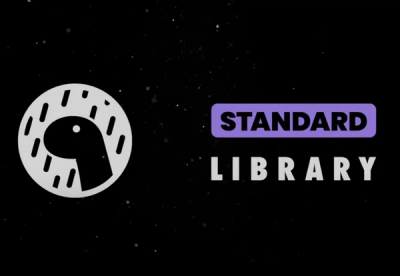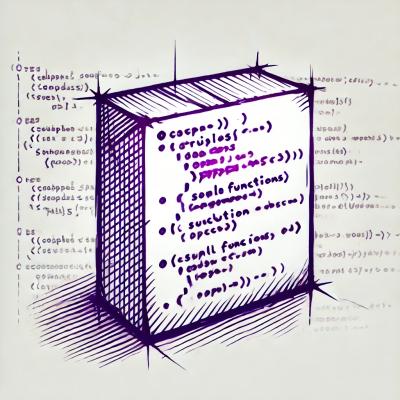Archiver v0.8.1 
Creates Archives (Zip, Tar) via Node Streams.

Install
npm install archiver --save
You can also use npm install https://github.com/ctalkington/node-archiver/archive/master.tar.gz to test upcoming versions.
Archiver
create(format, options)
Creates an Archiver instance based on the format (zip, tar, etc) passed. Parameters can be passed directly to Archiver constructor for convenience.
registerFormat(format, module)
Registers an archive format. Format modules are essentially transform streams with a few required methods. They will be further documented once a formal spec is in place.
Instance Methods
Inherits Transform Stream methods.
append(input, data)
Appends an input source (text string, buffer, or stream) to the instance. When the instance has received, processed, and emitted the input, the entry event is fired.
Replaced #addFile in v0.5.
archive.append('string', { name:'string.txt' });
archive.append(new Buffer('string'), { name:'buffer.txt' });
archive.append(fs.createReadStream('mydir/file.txt'), { name:'stream.txt' });
bulk(mappings)
Appends multiple entries from passed array of src-dest mappings, based on Grunt's "Files Array" format. A lazystream wrapper is used to prevent issues with open file limits.
Globbing patterns and multiple properties are supported through use of the file-utils package, based on Grunt's file utilities. Please note that multiple src files to single dest file (ie concat) is not supported.
The data property can be set (per src-dest mapping) to define data for matched entries.
archive.bulk([
{ src: ['mydir/**'], data: { date: new Date() } },
{ expand: true, cwd: 'mydir', src: ['**'], dest: 'newdir' }
]);
file(filepath, data)
Appends a file given its filepath. Uses a lazystream wrapper to prevent issues with open file limits. When the instance has received, processed, and emitted the file, the entry event is fired.
archive.file('mydir/file.txt', { name:'file.txt' });
finalize()
Finalizes the instance. You should listen for the end/close/finish of the destination stream to properly detect completion.
pointer()
Returns the current byte length emitted by archiver. Use this in your end callback to log generated size.
Events
Inherits Transform Stream events.
entry
Fired when the input has been received, processed, and emitted. Passes entry data as first argument.
Zip
Options
Sets the zip comment.
forceUTC boolean
If true, forces the entry date to UTC. Helps with testing across timezones.
store boolean
If true, all entry contents will be archived without compression by default.
zlib object
Passed to node's zlib module to control compression. Options may vary by node version.
Entry Data
name string required
Sets the entry name including internal path.
date string|Date
Sets the entry date. This can be any valid date string or instance. Defaults to current time in locale.
store boolean
If true, entry contents will be archived without compression.
Sets the entry comment.
mode number
Sets the entry permissions. (experimental)
Tar
Options
recordSize number
Sets the size (in bytes) of each record in a block, default is 512 (for advanced users only).
recordsPerBlock number
Sets the number of records in a block, default is 20 (for advanced users only).
gzip boolean
Compresses the tar archive using gzip, default is false.
gzipOptions object
Passed to node's zlib module to control compression. Options may vary by node version.
Entry Data
name string required
Sets the entry name including internal path.
date string|Date
Sets the entry date. This can be any valid date string or instance. Defaults to current time in locale.
mode number
Sets the entry permissions. Defaults to octal 0664.
Things of Interest
Credits
Concept inspired by Antoine van Wel's node-zipstream.
Tar inspired by isaacs's node-tar.




